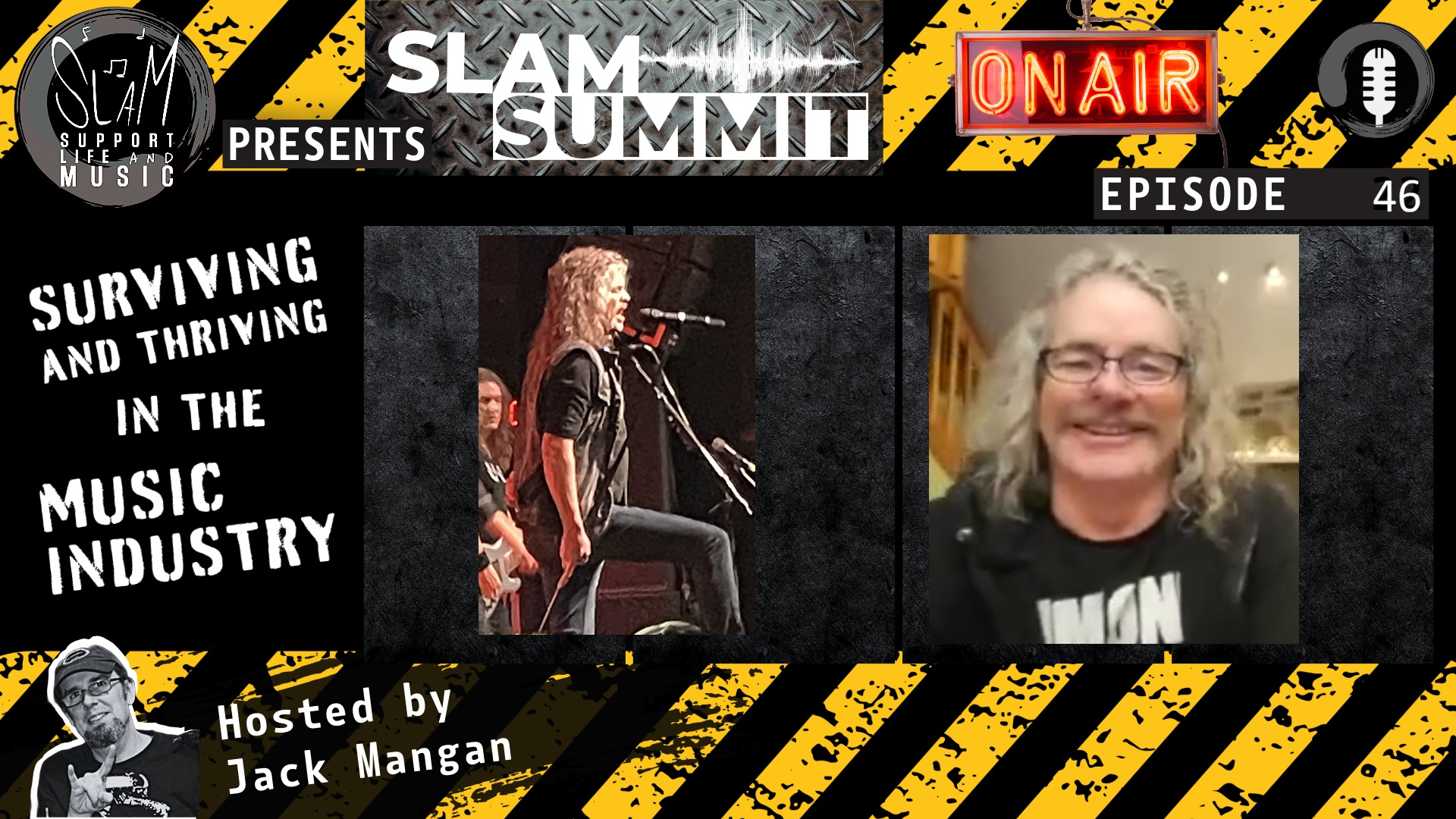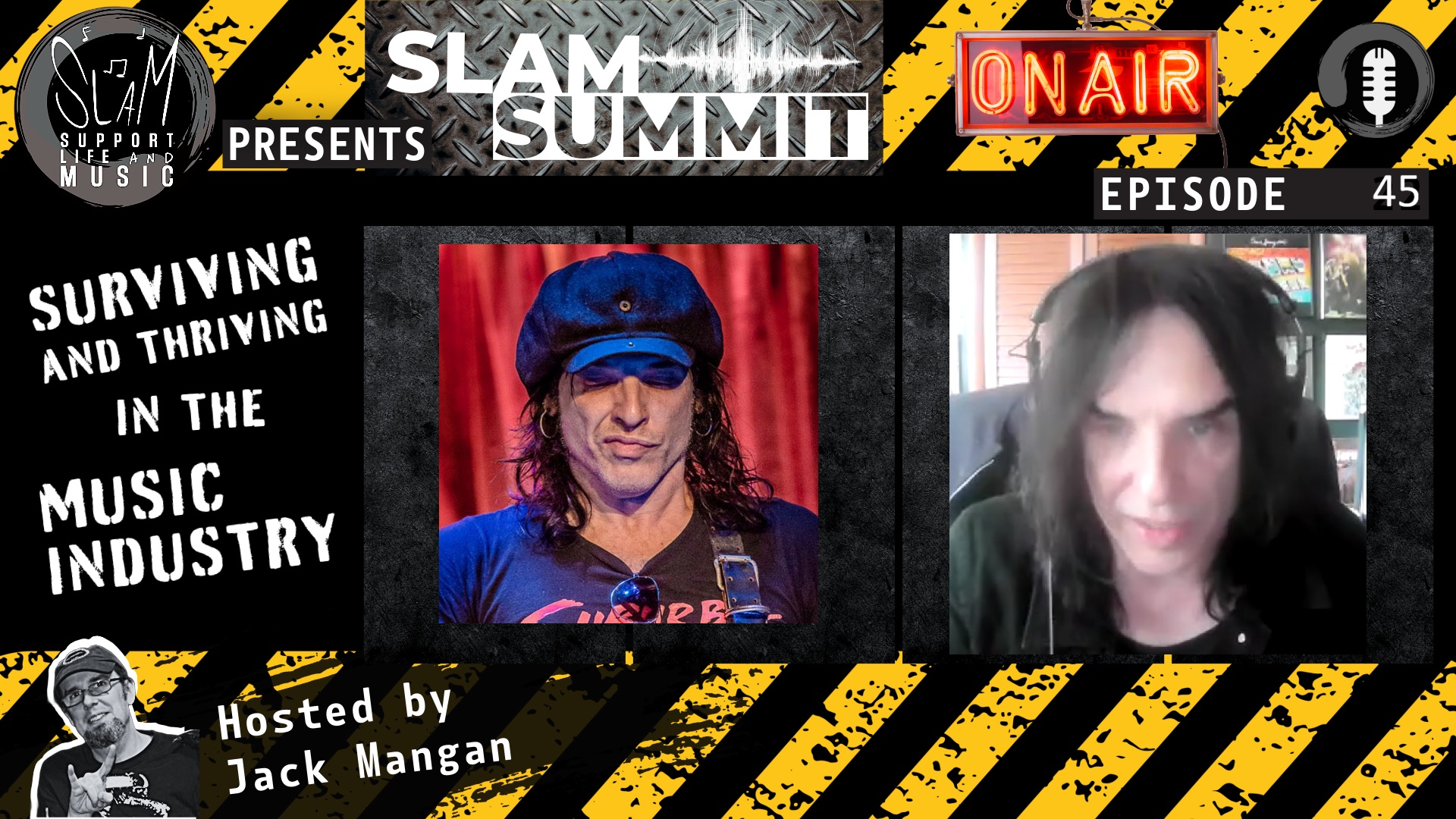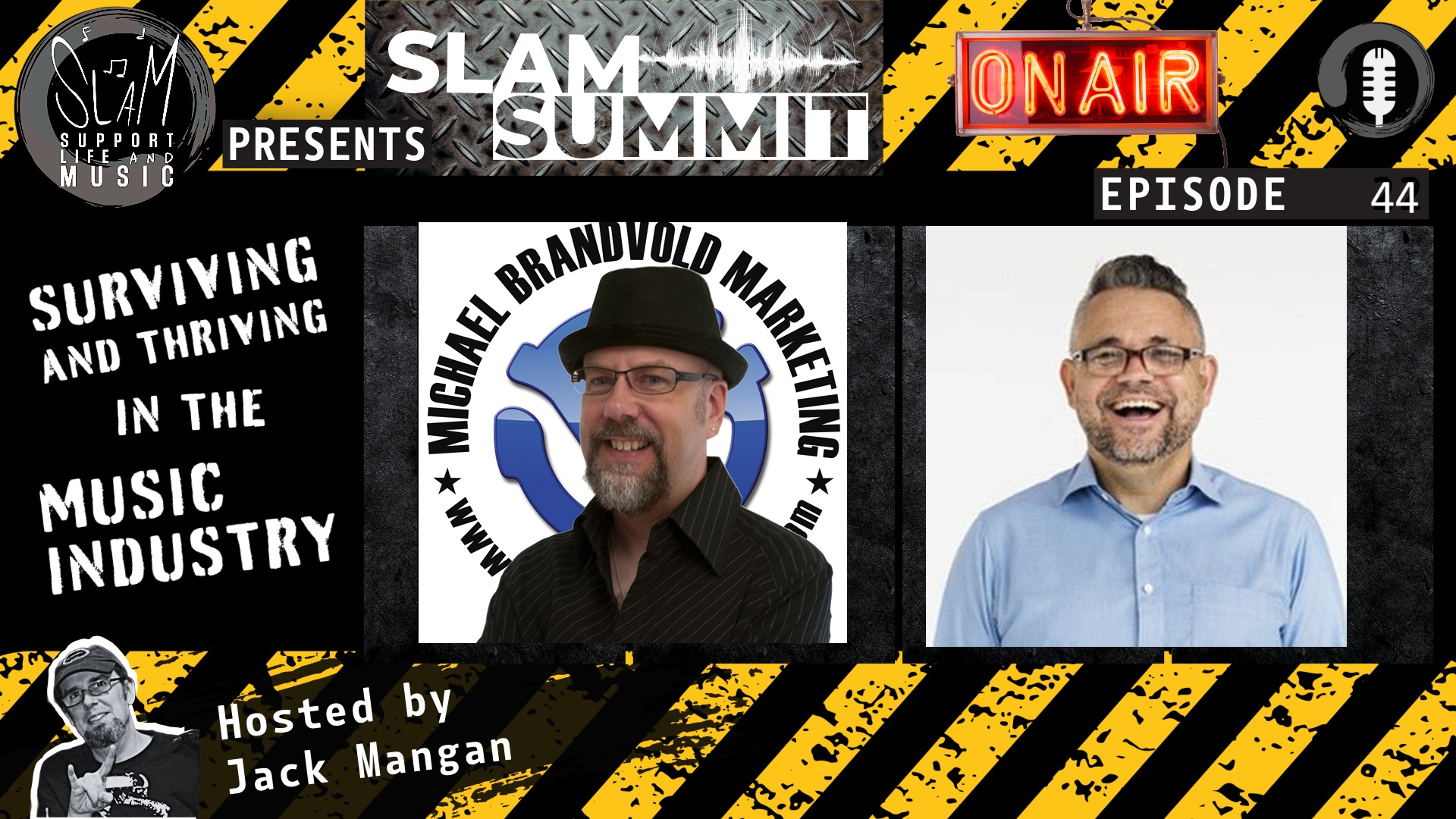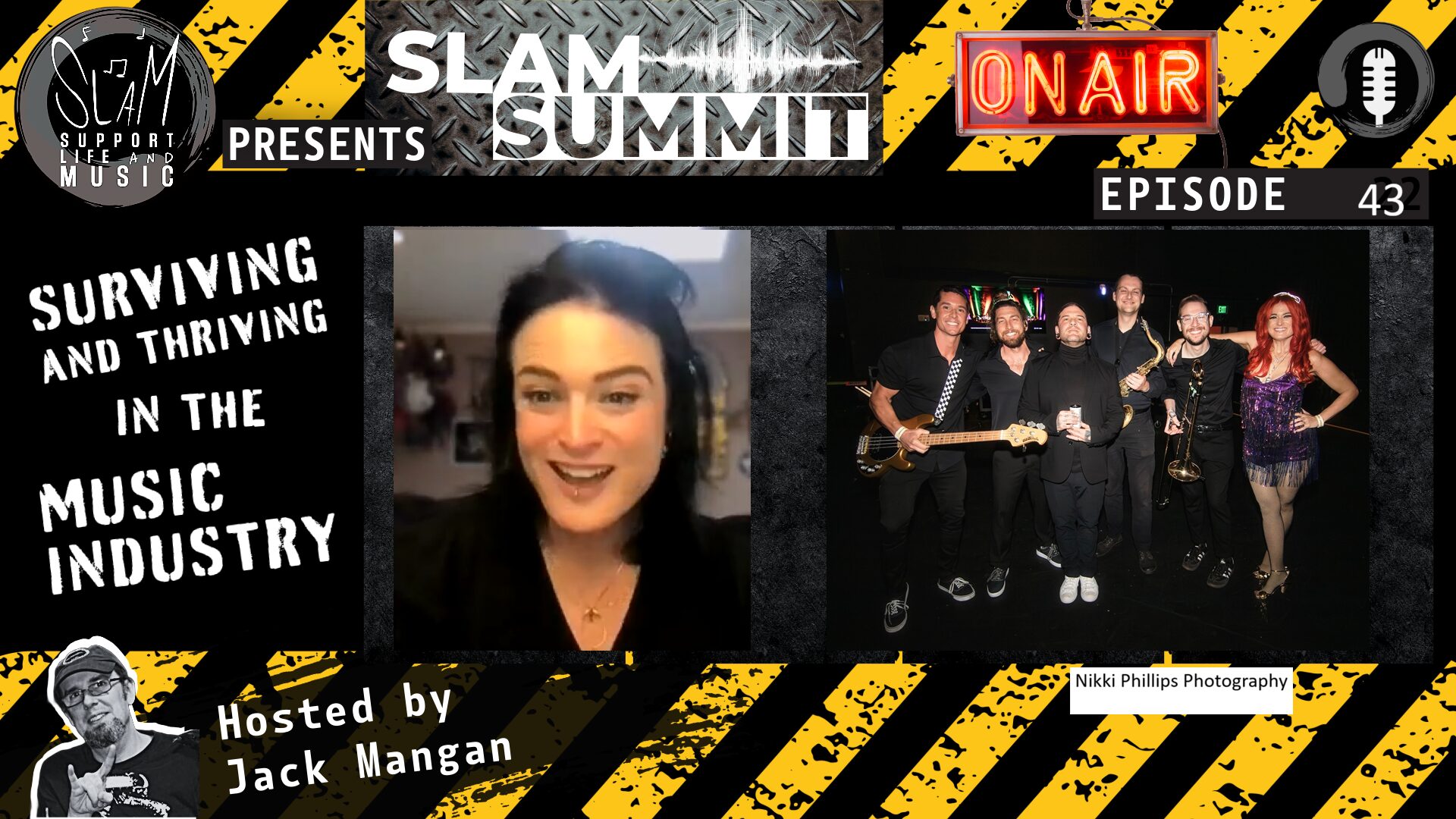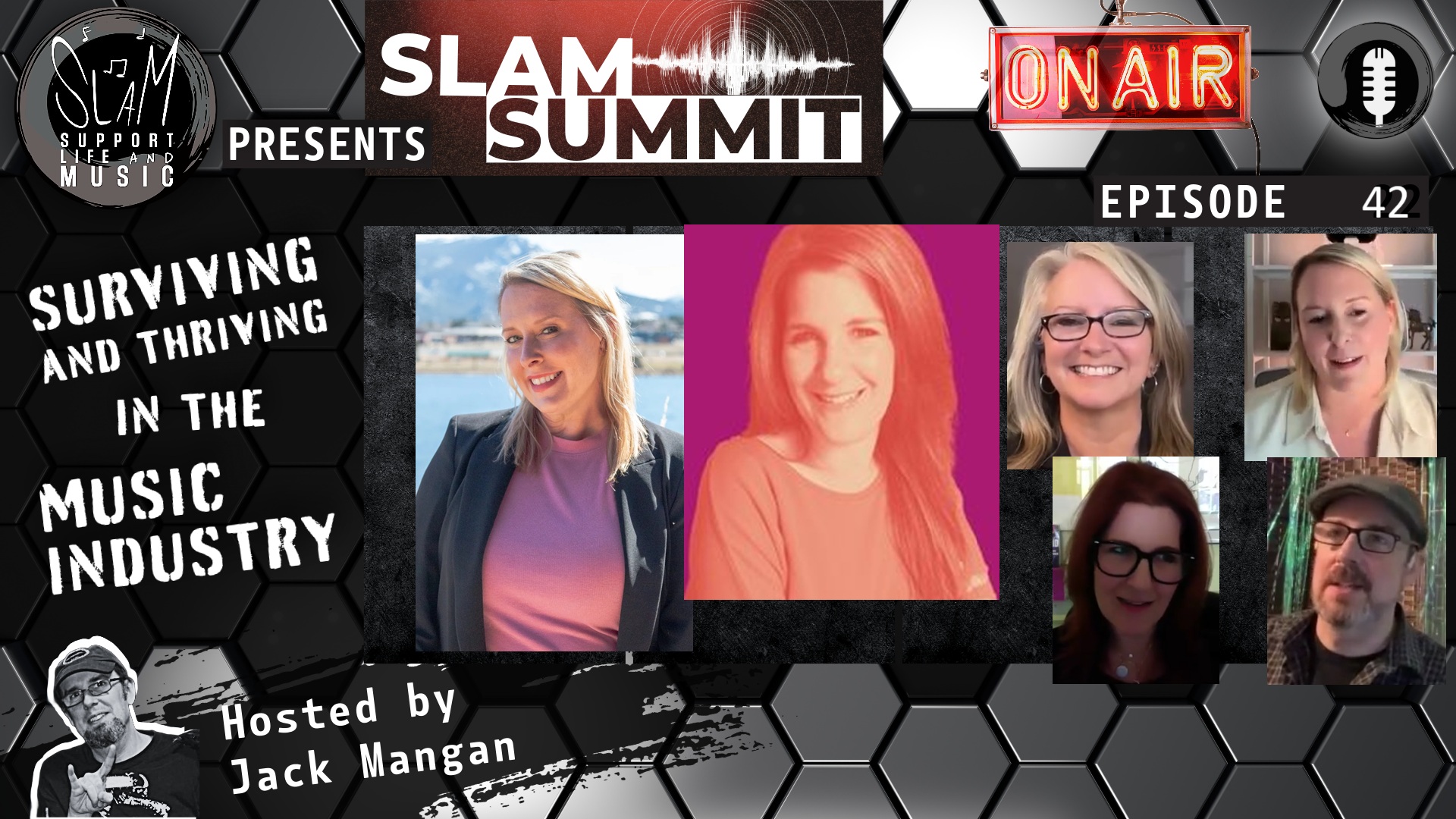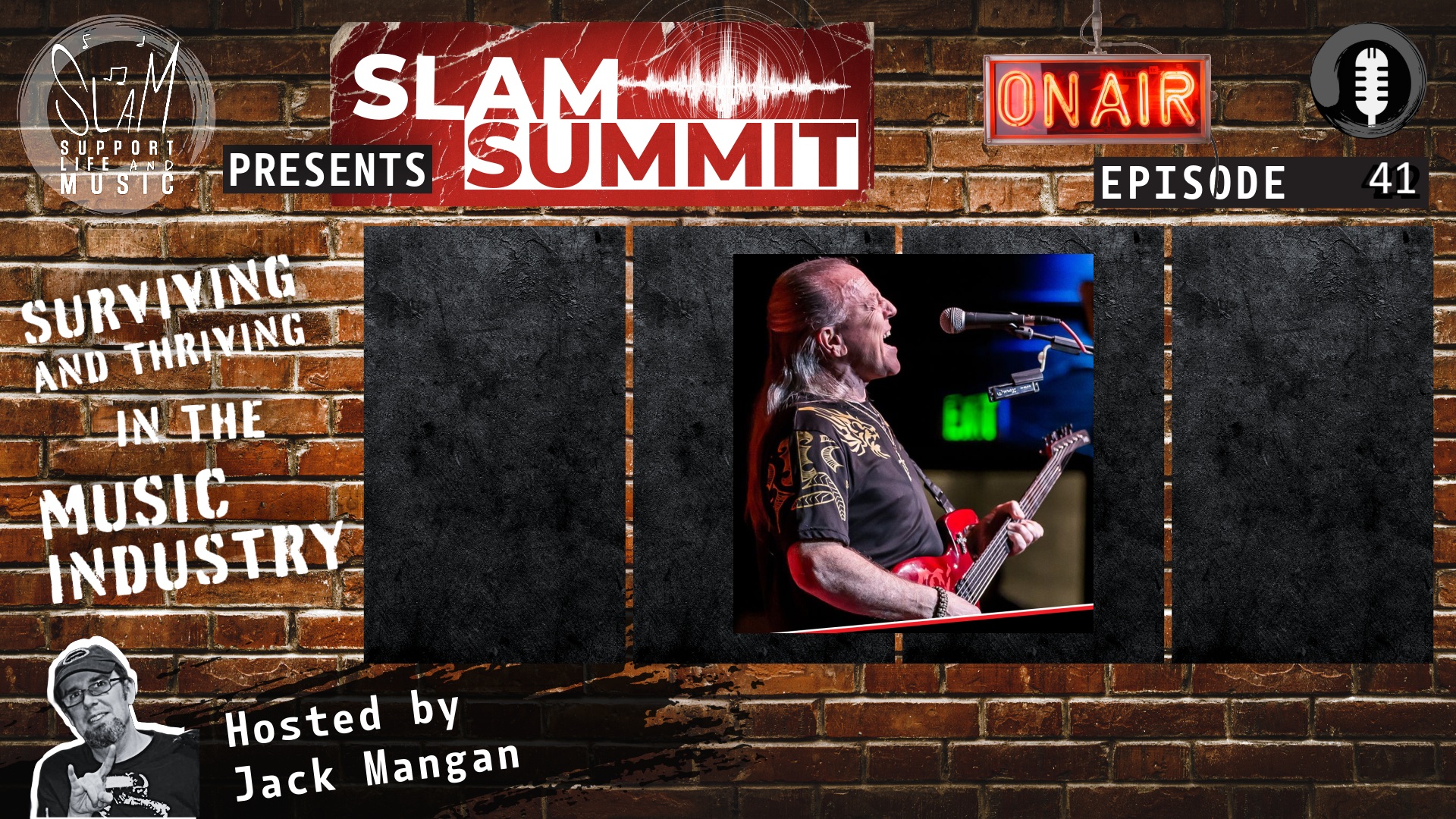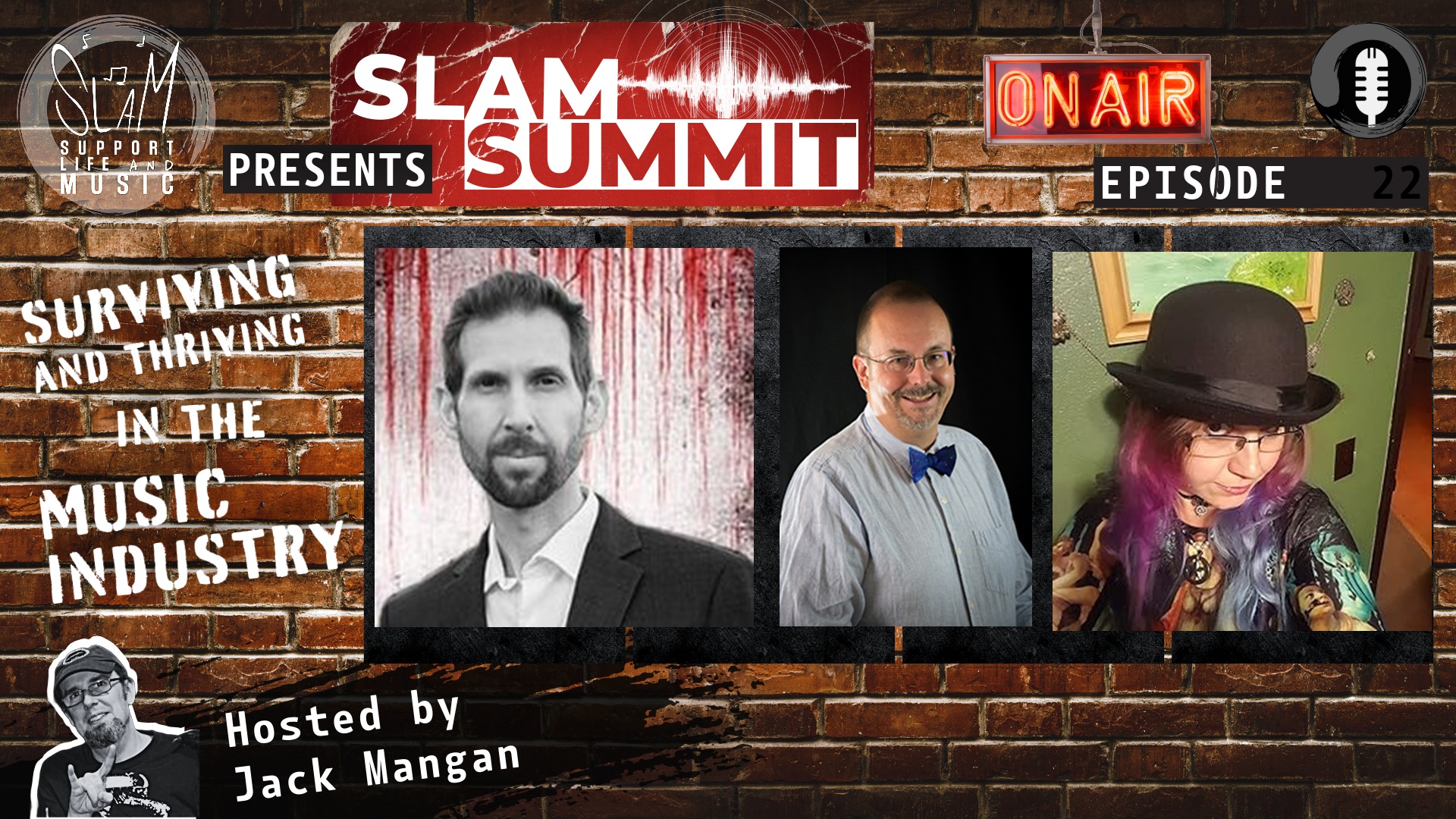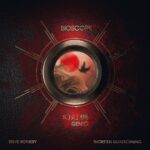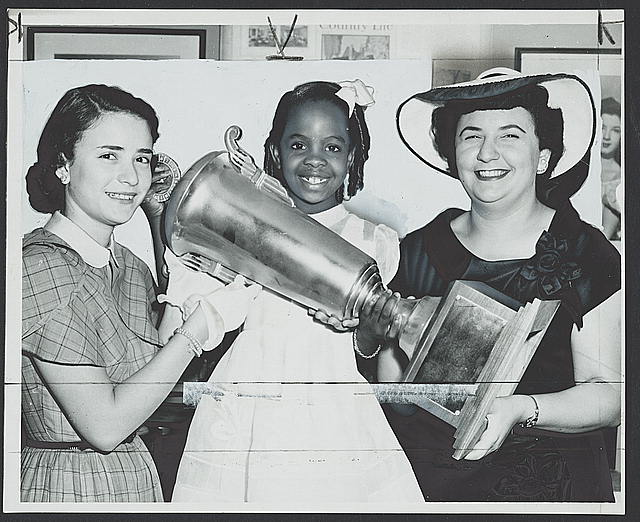
Support Life And Music
D.R.E.A.M.
Data Research Education Awareness and Music
V.
This is How We Do It
This D.R.E.A.M. Report made possible through a generous grant by the Arizona Eastern Star Foundation. For more information about the Arizona Eastern Star Foundation, please visit https://www.azoes.org/az-oes-foundation.html
♫
The first four monthly D.R.E.A.M. reports focused on specific topics relevant to the living/working conditions of modern musicians. They’re great! You can find them here:
- Unique Risk Factors (September 2025)
- Substance Misuse (October 2025)
- Through the Mirror (Two articles) (November 2025)
- Here Comes Success (December 2025)
This month’s report is a bit different. We’re going to take you on a tour of the D.R.E.A.M. factory to reveal our processes and goals, and to shed a bit more light on our intention and purpose for the program.
No one really knows how the game is played / The art of the trade / How the sausage gets made.
But first, introductions.
The D.R.E.A.M. Team.
We’ve received content/expertise/proofreading/editorial contributions from the following Support Life And Music’s Advisory Council (SLAM Band) members on some or all of the reports:
- Jack Mangan
- Sarah Hyde
- Dr. Sheila Unwin, Ed.D
- Dr. Carolyn Cavanaugh Toft, Ph.D

Overview and purpose:
I want to see a change in the future / I’m gonna make the best of what I have
We’ve shared figures in our previous D.R.E.A.M. reports to illuminate society’s great musician mental health crisis, an issue that’s gone almost entirely unaddressed – – or worse, romanticized – – for over a century. Musicians are far more likely to die of suicide or accidental death than the rest of the population. This is one of the most at-risk of all professions. Musician lifespans are shorter.
In spite of these sobering facts, the professional mental health communities and the music business are sorely lacking in musician-specific information, data, and resources. Support Life And Music exists to strengthen mental health and well-being for musicians and fans. We’re generating topic-driven data reports to reduce these knowledge gaps. Music industry and/or mental health organizations can leverage the data in thousands of beneficial ways – – independently or in collaboration with S.L.A.M. The possibilities are endless, including:
- Spotting trends and commonalities in behaviors, perceptions, attitudes, coping and preventative measures, etc.
- Analyzing the findings to identify, strengthen, and fine tune the positive, helpful concepts.
- Analyzing the findings to identify, debunk, and devise preventative systems and measures against the negative, destructive concepts.
- Equip music industry entities of all kinds with the tools needed to enact information-based systems and safeguards to protect their artists and consumers.
- Equip counselors, therapists, psychiatrists, psychologists, and others with musician-specific info to develop musician-specific mental health therapies, educational materials, and situational understanding.
- Sharing insights and data heretofore unknown and unavailable.
- Education, positive encouragement, and enlightenment.
♫
Methodology and Sources:
I’m gonna show you how it’s done done done.
- Data: For the first four reports, we analyzed all available recorded SLAM: Music Survival Guide transcripts, seeking commentary from panel guests and participants related to the article’s topic. This is the process.
- Acquisition:
- D.R.E.A.M. Team members with professional data analytics backgrounds perform keyword searches of all related terms.
- For the first report, searches were conducted across multiple transcript files. For all subsequent searches, the quotes were drawn from a Master data file, consisting of all existing transcripts compiled together.
- D.R.E.A.M. Team analysts checked the episodes to find new comments and to verify the accuracy of the transcribed comments.
- For the first report, searches were conducted across multiple transcript files. For all subsequent searches, the quotes were drawn from a Master data file, consisting of all existing transcripts compiled together.
- D.R.E.A.M. Team analysts reviewed the SLAM: Music Survival Guide episodes seeking relevant commentary/quotes as data points.
- At times, D.R.E.A.M. Team analysts utilized so-called “AI” tools (e.g.: NotebookLM, Google Gemini, ChatGPT) to scan the transcript files seeking relevant usable commentary as datapoints. The analysts quality-checked all AI findings.
Analysis:
- The D.R.E.A.M. Team then identified trends, commonalities, and themes in the pool of acquired data points. These points were also tallied and quantified to enable counts and charts in the output. This has been done leveraging human professional data analysis backgrounds. On reports II and IV, “AI” tools also contributed to this analysis.
Output:
- The report format has remained fairly standard, with only minor changes in each. Every report includes S.L.A.M. branding and title in the header, opening text explaining the purpose and theme of the report, and a presentation of the data itself. Relevant charts are inserted into the report for emphasis, clarity, and to enhance visualization. Pertinent song lyrics and/or references are often added too, to increase readability and relatability for the reader. Thunder only happens when it’s raining.
Conclusion paragraph(s) follow the data, followed by an explanation of the data, tailored to the current report. The boilerplate explanatory text is as follows:
| The S.L.A.M. internal Data Research Education Awareness Music Team (D.R.E.A.M. Team) analyzed the full spoken content of 36 different “SLAM: Music Survival Guide” panel discussion recordings, tagging meaningful statements across various categories. This report focuses on quotes associated with the concepts of success. We did not seek to confirm or debunk the truth or validity of any statements made. The purpose was to analyze, process, quantify, draw logical connections, find meaningful commonalities, themes, and/or contradictions between the statements, and ultimately share the recorded observations, feelings, concerns, beliefs, philosophies, etc., in the speakers’ own words and lyrics. No judgments of the speakers or others present on the call are intended, nor should any be inferred. The speakers were invited to participate in “SLAM Summit: Music Survival Guide” panel discussions. All episodes are publicly available or are scheduled for release at http://www.supportlifeandmusic.org/voices. The quotes in this report will be kept anonymous, and are not intended to be taken out of context as any kind of reflection on any persons involved in the conversations. Some of the content presented has been edited to:Remove extraneous words and phrases, like “you know,” “um,” “like,” etc., as well as to remove repeated or stammered words/phrases. Correct obvious Zoom transcription errors in translation, dictation, or grammar. (crosschecked against the actual episode audio.)No statement was changed, no quote was edited to directly or indirectly change its original meaning in any way. The “Conclusions” sections of this report were written solely in-house at Support Life And Music, and its recommendations are drawn from S.L.A.M. backgrounds in the music industry and mental health, as well as from the designated data set. All facts, figures, opinions, conclusions, and suggestions in this article are presented solely for informational purposes. There are mental health improvement techniques that can be undertaken by anyone in any situation to benefit themselves and others, but consultation with a certified mental health professional is always recommended. See the Support Life And Music website for an expansive list of healthcare providers. |
Reports III and IV have included a References section for all lyrics citations. Such References will be included whenever necessary.
♫
Review process: S.L.A.M.’s D.R.E.A.M. Team includes members with professional business data analysis backgrounds, plus one member with a Ph.D in Psychology, and one with an Ed.D. in Leadership and Learning. Depending on availability, internal team members review the articles prior to publication to ensure quality control, veracity, accuracy, and acceptable grammatical presentation.
♫
Publication and sharing: The article is then published in the Articles section of the Support Life And Music official website. https://www.supportlifeandmusic.org/Articles/
The articles are then shared by Support Life And Music and its various members across various social media platforms. Links have been sent directly to external mental health Ph.Ds, professionals, and experts, as well as music industry and philanthropy subject matter experts.

♫
The D.R.E.A.M. future:
I believe / We can change anything / I believe / We can rise above this / I believe / There’s a reason for everything / I believe / In my dream.
♮ More power!
SLAM: Music Survival Guide transcripts will continue to be one source of data. We are working toward utilizing more robust database technologies, which will allow for more sophisticated analytics options and greater data integrity, efficacy, efficiency, and security. The master transcript file will then serve only as a backup, until it can be sunsetted.
♮ Added data collection methods:
- For some reports, Support Life And Music will leverage inhouse data analysis and marketing experience to conduct targeted surveys of specific and/or general population groups. The questions will be crafted and refined with the help and guidance of the D.R.E.A.M. Team’s data experts and smart people (Ph.D.s, Ed.D.s).
- The surveys will also be conducted by specialized professional marketing firms, when applicable, appropriate, and budgetable. Independent firms hired by Support Life And Music will enable options to conduct and analyze highly-scalable survey responses for use in D.R.E.A.M. reports.
♮ The request line is open!
We will work with individual orgs and persons to create bespoke D.R.E.A.M. reports. We’re taking requests! Please feel free to contact us to talk about pertinent topics you’d like to see covered. We’ll also reach out to make suggestions that will benefit specific people, companies, organizations, causes, etc.
♮ Peer review.
Our internal review process will continue, but in the future, each report will undergo review from at least one external subject matter expert before publication.
♮ Increased circulation, visibility, impact.
Increasing the scope of D.R.E.A.M. subscriptions, emails, press, social media, dialogue – -i.e. Stoking greater interest and broadening readership.
*A note on frequency: The D.R.E.A.M. reports will continue to release on a monthly basis, allowing for occasional months with no publication.
At the inception of D.R.E.A.M., we’d entertained the notion of doing two reports per month. . . but then we came to our senses. Regardless of staff and resource increases, the 10-12-per-year cadence will likely never change.
♮ Help!
The musician mental health crisis is real. It’s critical. It’s devastating. It’s so embedded in our culture, that few acknowledge the need to push back. Musicians living unstable, shortened, tortured lives – – hey, that’s just how it’s always been. “The price of fame. Artists are crazy. What are you gonna do?” Our greatest struggle as an organization has been raising awareness of the seriousness and severity. We may never fully convince the larger population, but we won’t stop fighting to save and improve music lives. We’ll continue battling, using our Artist Voices, D.R.E.A.M, and help directory.
Thank you.
The next D.R.E.A.M. Report will be topic-driven.
Any requests?
References.
-Lin-Manuel Miranda “The Room Where It Happens” (2015).Hamilton (Original Broadway Cast Recording) [Album]. Atlantic.
-Queensryche “Best I Can” (1990). Empire [Album]. EMI USA.
-Huntrix “How It’s Done” (2025). KPop Demon Hunters (Soundtrack From the Netflix Film) [Album]. Interscope, KidinaKorner.
-Fleetwood Mac “Dreams” (1977). Rumours [Album]. Warner Bros.
-Joe Satriani “I Believe” (1989). Flying in a Blue Dream [Album]. Relativity.

